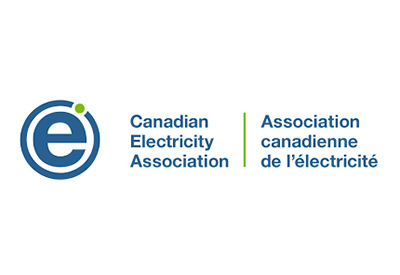The Canadian Electricity Association responds to the Government of Canada’s Output Based Pricing System

July 4, 2019
On Friday, June 28th the Government of Canada released the final Output Based Pricing System Regulations (OBPSR). The Canadian Electricity Association (CEA) has since responded to the Government of Canada’s final industry standards for OBPS.
The OBPS rules set the prices for carbon dioxide emissions for coal, natural gas and diesel-fired electricity generation facilities. While the prices for coal and diesel have not changed since December 2018; there are new and more stringent rules for new natural gas units that were not shared with industry until last Friday. As these are final regulations, Environment and Climate Change Canada (ECCC) is not seeking comments on the rules.
Further, while CEA was engaged in ECCC’s consultation process along with other stakeholders, ECCC did not consult the electricity sector on this significant change regarding natural gas-fired electricity generation.
“Aside from some of our members’ concerns with the rules themselves, CEA is disappointed that ECCC did not undertake consultations on these last-minute changes. The policy was not part of the stakeholder discussion and dialogue,” commented Francis Bradley, President and CEO of CEA, “The Canadian electricity sector is central to Canada’s clean energy future and CEA encourages ECCC to work with the sector during the implementation of these regulations. As well, CEA will continue to offer its resources and expertise during future consultations.”
The Canadian electricity grid is currently one of the cleanest in the world, at 82 percent non-CO2 emitting. Further, the sector will be essential to decarbonizing the rest of the economy through the electrification of the transportation, buildings and industrial sectors.

















